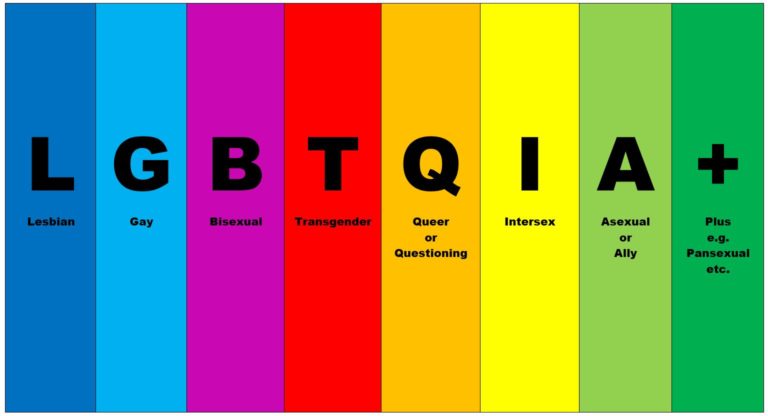The US Supreme Court has struck a blow against gay rights after deciding in favour of a Christian graphic-designer who refused to serve same-sex couples based on their religious beliefs.
The court ruled 6-3 for designer Lorie Smith, who had argued a Colorado law that prevents discrimination based on sexual orientation, race, gender and other characteristics is against her rights to free speech.
Smith’s argument was that, as an artist, a ruling against her would force artists — from painters and photographers to writers and musicians — to do work that is against their beliefs.
Colorado state law prohibits businesses open to the public refusing service because of sexual orientation. But the Supreme Court now says artists cannot be compelled to express messages against their religious beliefs.
Smith’s business, called 303 Creative, sells custom web designs, but she opposed providing her services for same-sex weddings.
Smith’s lawyer, Kristen Waggoner, said the Supreme Court was right to reaffirm that the government cannot compel people to say things they do not believe.
“Disagreement isn’t discrimination, and the government can’t mislabel speech as discrimination to censor it,” she said in a statement.
Conservative Justice Neil Gorsuch wrote in the ruling that Colorado’s law would force Smith to create speech that she does not believe, in violation of the U.S. Constitution’s First Amendment.
“Were the rule otherwise, the better the artist, the finer the writer, the more unique his talent, the more easily his voice could be conscripted to disseminate the government’s preferred messages. That would not respect the First Amendment; more nearly, it would spell its demise,” Gorsuch wrote.
“The First Amendment envisions the United States as a rich and complex place where all persons are free to think and speak as they wish, not as the government demands,” Gorsuch added.
The court’s three liberal justices dissented. Justice Sonia Sotomayor wrote, “Today, the Court, for the first time in its history, grants a business open to the public a constitutional right to refuse to serve members of a protected class.”
Sotomayor added, “By issuing this new license to discriminate in a case brought by a company that seeks to deny same-sex couples the full and equal enjoyment of its services, the immediate, symbolic effect of the decision is to mark gays and lesbians for second-class status. In this way, the decision itself inflicts a kind of stigmatic harm, on top of any harm caused by denials of service.”
The decision by the court, on the final day of rulings in its term that began in October, comes at a time when laws targeting the rights of transgender and other LGBT people are being pursued by Republican legislators in numerous conservative-leaning states
The case pitted the right of LGBT people to seek goods and services from businesses without discrimination against the free speech rights, as asserted by Smith, of artists – as she called herself – whose businesses provide services to the public.
President Joe Biden, a Democrat, criticized the ruling.
“In America, no person should face discrimination simply because of who they are or who they love,” Biden said in a statement, adding that he fears the ruling could invite more discrimination.
“More broadly, today’s decision weakens long-standing laws that protect all Americans against discrimination in public accommodations – including people of color, people with disabilities, people of faith and women,” Biden added.


